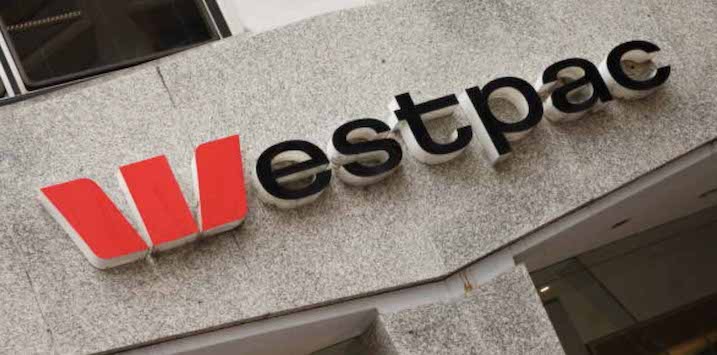
Why Westpac will stop lending to SMSF property investors
Westpac (ASX:WBC) has just announced that, come the end of July, it will stop lending to self-managed super funds (SMSFs) looking to invest in property. It will also not allow SMSFs to roll any existing interest only loans onto another interest only period once the existing amortisation free period runs out. What’s prompted this change?
Although Westpac – and its subsidiaries (Bank of Melbourne, St George Bank and BankSA) – say the reason for the change is to “simplify and streamline our self-managed super fund products”, the real reason is most likely the risk of reputational damage following the initial findings of the Royal Commission and the current downturn in property prices.
Loans to SMSFs must be guaranteed by the beneficiaries of the SMSF, so this is full recourse lending. Any call on the SMSF to cover the loan could lead to bankruptcy for the beneficiaries. In the Royal Commission hearings in April, one example was aired of a Westpac financial planner advising a client with $200,000 in an industry fund account to set up an SMSF, sell her home and take out a loan to buy a million-dollar investment property. No wonder Westpac wants to minimise further exposure in the current environment.
This leaves the Commonwealth Bank of Australia, Macquarie and AMP as the only sizeable lenders that do offer loans to SMSFs. Even though this is a relatively small part of the overall property investment market, it takes away another area of demand which should have a negative impact on the price/demand equation for property.
Given that David Murray, who has recently taken over as chairman of AMP, strongly recommended in his 2014 financial system inquiry, that leverage should be banned for superannuation funds, I would suspect that AMP will soon follow suit.
Total SMSF borrowing has increased from $2.5 billion 5 years ago to the current level of about $25 billion so although the total is small compared to the overall mortgage debt of ~$1.8tr, the recent pace of increase in borrowing has been very strong.
The Montgomery Funds own shares in the Commonwealth Bank of Australia and Westpac. This article was prepared 19 July 2018 with the information we have today, and our view may change. It does not constitute formal advice or professional investment advice. If you wish to trade the Commonwealth Bank of Australia or Westpac you should seek financial advice.
Westpac $WBC has just announced that, come the end of July, it will stop lending to self-managed super funds (SMSFs) looking to invest in property. What’s prompted this change? Share on XThis post was contributed by a representative of Montgomery Investment Management Pty Limited (AFSL No. 354564). The principal purpose of this post is to provide factual information and not provide financial product advice. Additionally, the information provided is not intended to provide any recommendation or opinion about any financial product. Any commentary and statements of opinion however may contain general advice only that is prepared without taking into account your personal objectives, financial circumstances or needs. Because of this, before acting on any of the information provided, you should always consider its appropriateness in light of your personal objectives, financial circumstances and needs and should consider seeking independent advice from a financial advisor if necessary before making any decisions. This post specifically excludes personal advice.
INVEST WITH MONTGOMERY
Hi,
You mentioned that the SMSF loans are full recourse and are guaranteed by the beneficiaries.
My understanding is that SMSF loans are *limited recourse* and limited to the asset to which the loan applies.
Have the rules changed?
Hi Russell.
It is correct that SMSF loans are technically limited recourse but lenders generally demand that the beneficiaries of the SMSF gives them a guarantee or they will offer quite different terms for the loan.
Watch out, because the other banks will do the same. Just like an interest rate rise, everyone waits for who will move first and then will follow suit.